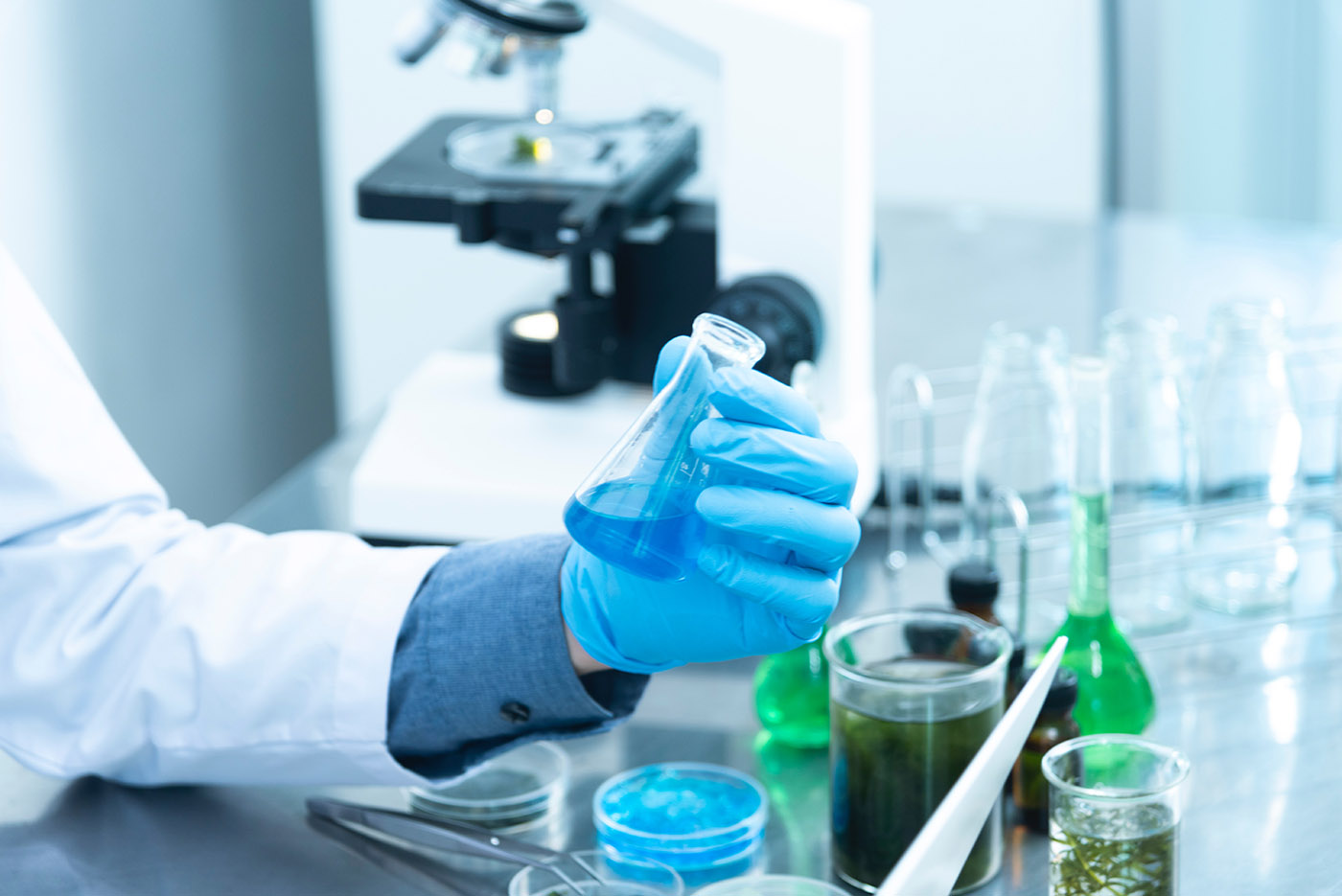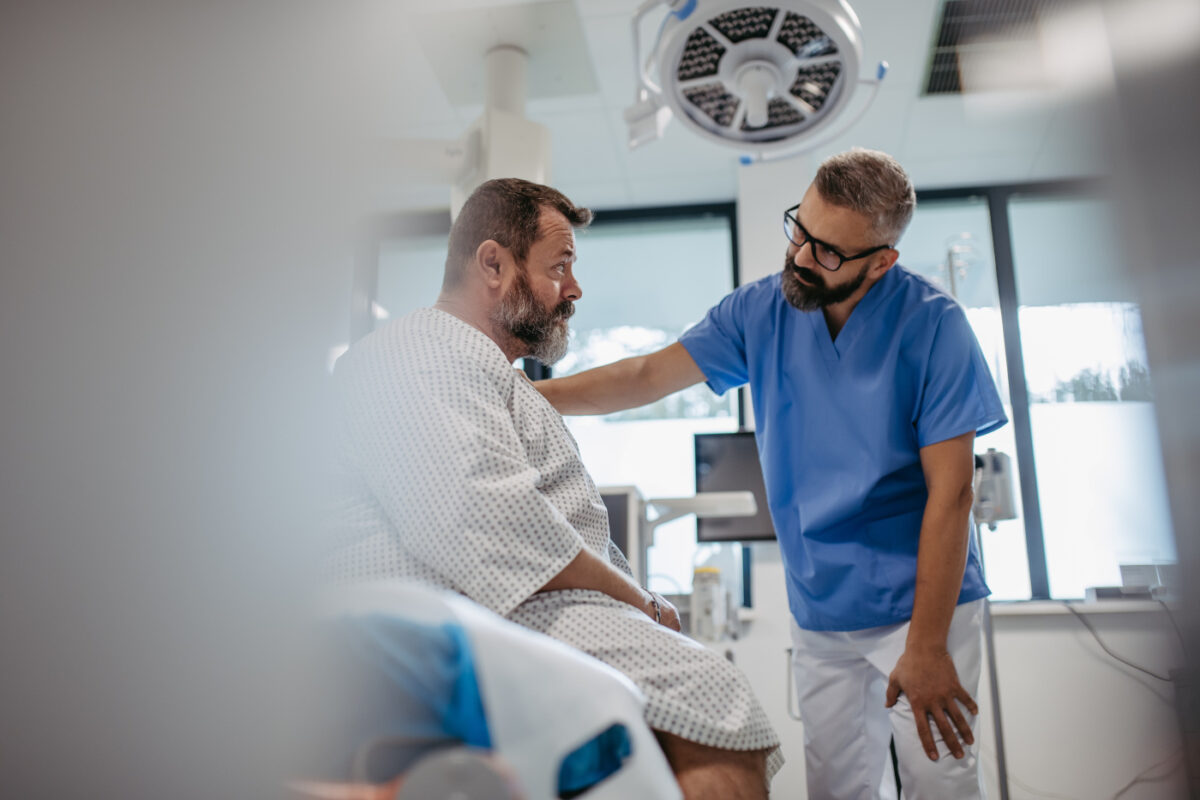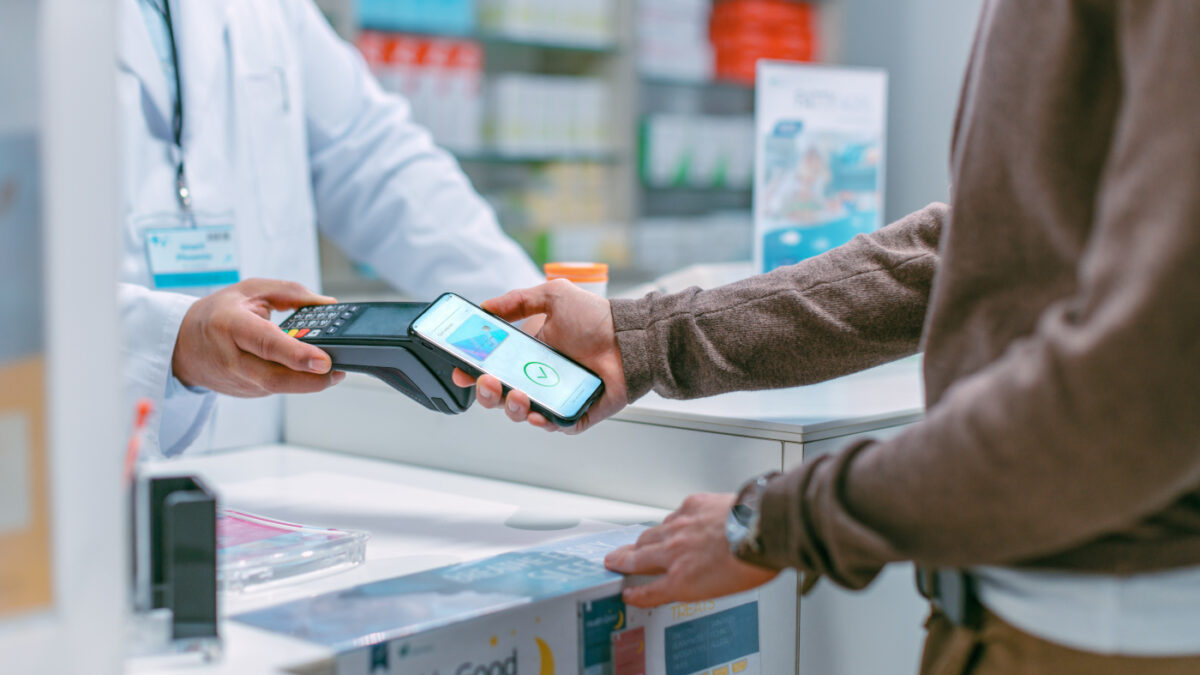An important element of the response to the global COVID-19 pandemic is the development and implementation of testing. This explainer provides information on the types of testing used to identify COVID-19, recent testing developments, and policy considerations.
Key takeaways:
- Testing for COVID-19 can be grouped into two categories: molecular tests, to determine whether an individual is currently infected, and serological tests, to determine whether an individual is currently or has previously been infected. Serological tests can also sometimes determine whether an individual is immune.
- To promote rapid expansion of testing capacity, the U.S. Food and Drug Administration has given states permission to develop and use tests that have not been submitted to or approved by the agency.
- The FDA also has given commercial test developers permission to market molecular tests without FDA authorization and has issued emergency use authorizations for a few serological tests.
- Initially, the Arkansas Department of Health limited testing to Arkansans with possible high-risk exposure to COVID-19, but on April 15, 2020, the department relaxed testing criteria to include individuals with COVID-19 symptoms, if a provider has adequate testing supplies.
- Progress has been made in expanding testing capability in Arkansas, but as of April 2020, testing in the state is still inadequate to determine how many Arkansans are infected with the virus.







